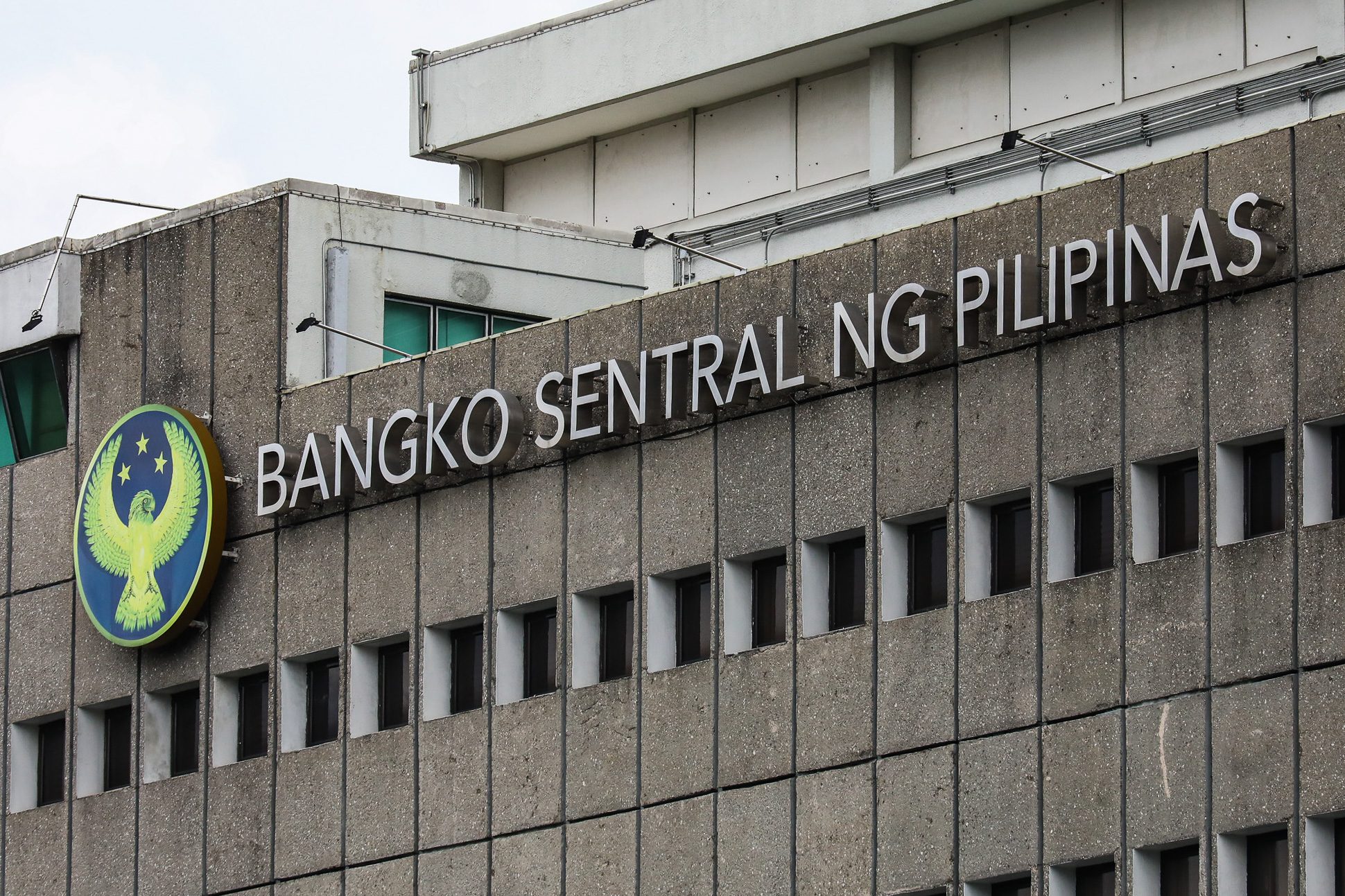
Upgrade to High-Speed Internet for only ₱1499/month!
Enjoy up to 100 Mbps fiber broadband, perfect for browsing, streaming, and gaming.
Visit Suniway.ph to learn
Already have Rappler+?
to listen to groundbreaking journalism.
This is AI generated summarization, which may have errors. For context, always refer to the full article.

BSP. The Bangko Sentral ng Pilipinas headquarters in Quezon City on May 31, 2023.
Jire Carreon/Rappler
The Bangko Sentral ng Pilipinas says the new transaction cap aims to curb money laundering risks
MANILA, Philippines – The Bangko Sentral ng Pilipinas (BSP) is setting a maximum limit of P500,000 for large-value cash transactions such as withdrawals and other payouts, the central bank announced on Friday, September 19.
In a circular approved by the Monetary Board on Thursday, September 18, transactions P500,001 and above must be conducted through traceable channels such as checks, online fund transfers, or digital payments. The new limit also applies to cash transactions in foreign currency transactions.
According to the monetary authority, the lower limit aims to curb money laundering activities tied to large transactions.
This comes as the Anti-Money Laundering Council (AMLC), chaired by the BSP governor, probes 135 bank accounts and 27 insurance policies of public works officials and contractors allegedly linked to anomalous flood control projects.
The new transaction limit may also be reached through a single transaction or transactions within one banking day. The BSP also allows BSP-supervised financial institutions (BSFIs) such as banks and e-wallets to set even lower transaction limits based on their risk assessment and the customer’s profile.
For withdrawals higher than the P500,000 limit, BSFIs are required to conduct enhanced due diligence and file a suspicious transaction report if warranted.
Once the due diligence is conducted, BSFIs may allow the transaction to come through if the customer provides additional proof of legitimate business purposes.
“The BSFIs shall also consider the alerts, red flags, and suspicious indicators, as well as typologies noted/reported by relevant government agencies involving large or unusual cash transactions,” the BSP wrote.
Under the country’s anti-money laundering law, transactions above P500,000 must be reported to authorities such as the AMLC.
Financial institutions must also keep an eye out for suspicious transactions, where any of the following circumstances exist:
- There is no underlying legal or trade obligation, purpose or economic justification.
- The client is not properly identified.
- The transaction amount does not align with the client’s financial capacity.
- Based on what the financial institution knows, the client’s transaction may be structured in a way to avoid anti-money laundering reportorial requirements.
- The transaction deviates from the client’s usual transactions with the financial institution.
- The transaction may be linked to any unlawful activity that has been or will be committed.
– Rappler.com
How does this make you feel?
Loading


 2 hours ago
2
2 hours ago
2




